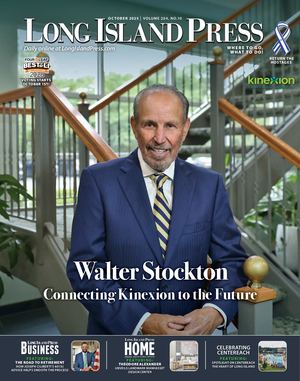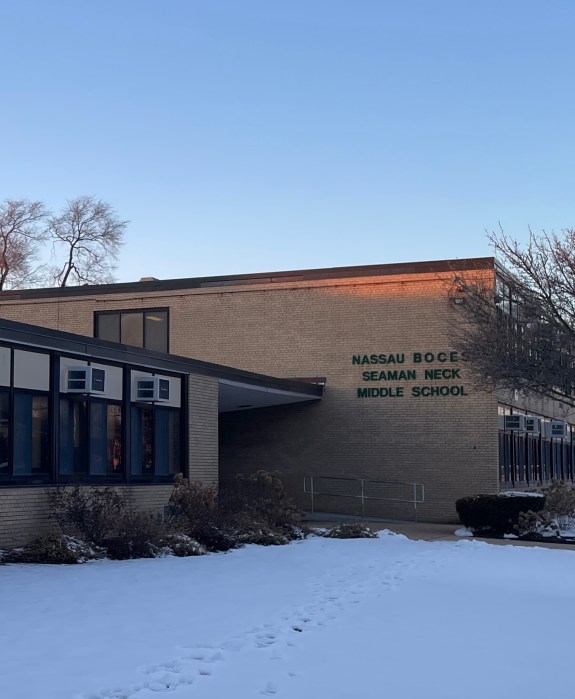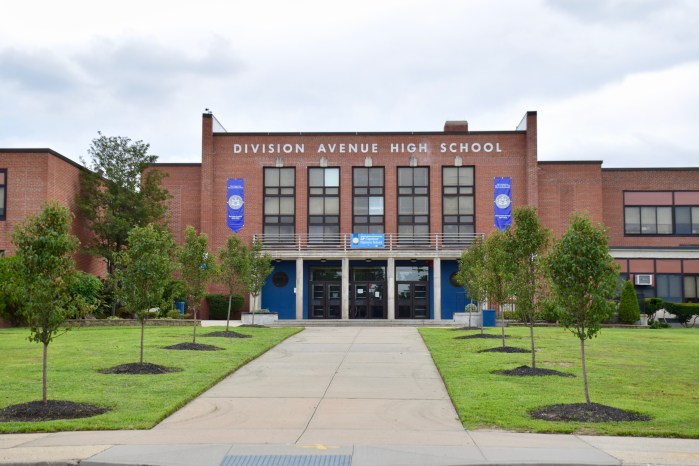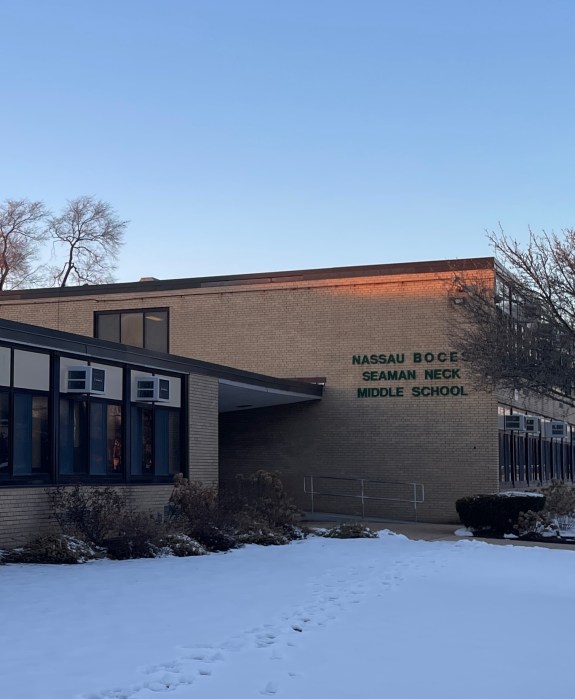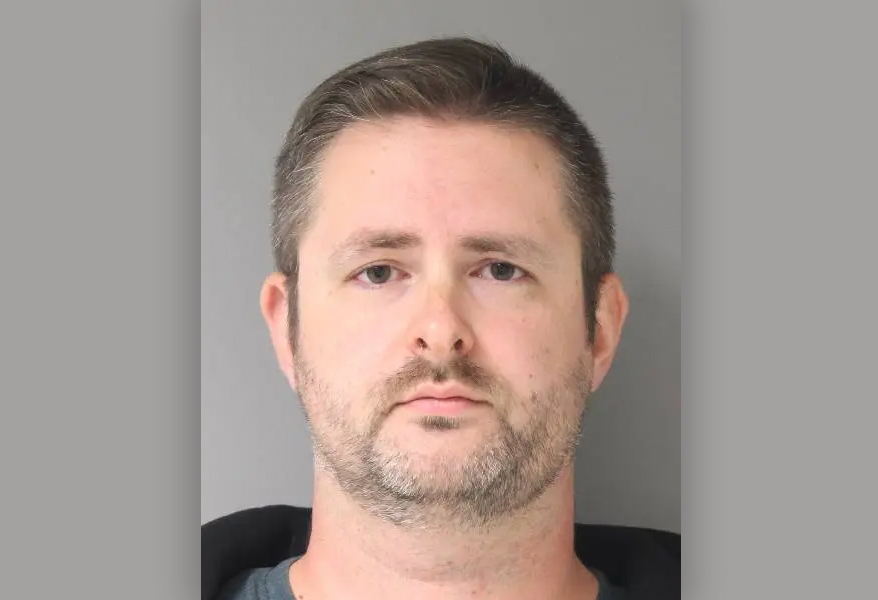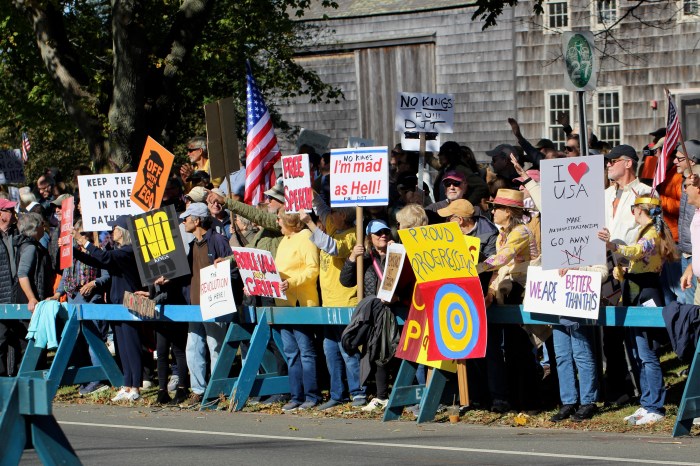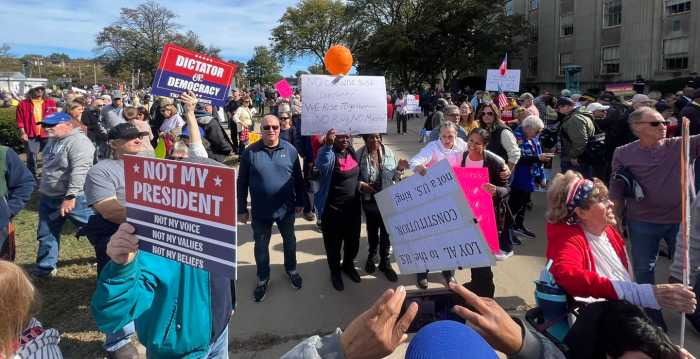It’s not obvious from the debates, talk shows, and protests, but most people opposed to gay marriage are not bigots and homophobes and most people who support gay marriage are not advocating a decadent lifestyle of sexual hedonism. I, for example, am not opposed to gay marriage, as such.
The greatest threat to the institution of marriage, after all, is not same-sex couples wanting to marry but the divorce rate amongst opposite-sex couples. To wit: whilst same-sex unions will never be the dominant pattern even after legalization because homosexuals, like left-handed people, will always be a distinct minority within any given population, divorce between a man and a woman has become the norm. The results have been catastrophic – especially for children.
I agree that there’s something to be said for children having the benefit of a mother and a father and that the same-sex bond does not share the same biosocial significance as the male/female bond because we are a sexually reproducing species.
But what of the quality of parenthood? I’d rather see children raised by two men or two women who’ll take a passionate interest in their intellectual, moral, and spiritual development and raise them in a safe and clean household than by opposite-sex parents who care more about who wins the Superbowl, what’s on sale at Wal-Mart, and getting in that four hours of TV and six-packs every night.
If a home with a father and a mother is the ideal, than America is light-years away from the ideal. Behind every child exposed to drugs, guns, booze, pornography, materialistic consumerism, and a pop culture that lionizes idleness, incivility, cruelty, and mediocrity is a community of adults who just don’t care – and most of them are heterosexual.
Yes, Anita Bryant was right back in the 1970s when she lobbied to “save the children.” She was just wrong about who and what constitutes their greatest threat.
The problem with the legalization of gay marriage is not gay people, marriage, or gay people getting married, but our system of laws. In our constitutional system of jurisprudence, so deeply anchored in promoting political agendum and social ideologies over justice and societal stability, every new law becomes the face that launches a thousand lawsuits.
If same-sex marriages become legal in all 50 states, homosexuals will be afforded some kind of civil liberties protections as ethnic minorities and those civil liberties, more frequently than not, extend far beyond the parameters of basic human rights because their mass-production is now America’s largest industry. That’s problematic.
If, for example, a commercial photographer who refuses to accept African-American clients because of racial prejudice can be sued or lose his professional license, what about a photographer that won’t book a same-sex wedding because homosexuality is against his religion? Can he be sued and lose his livelihood? Can he sue because the anti-discrimination laws discriminate against him? And how does society determine which civil liberty has priority? Political lobbying? Campaign contributions? The highest paid lawyers? Disruptive demonstrations in the streets? And what of the legalization of other unions? If we, for instance have, via the legalization of same-sex marriages, empowered the state to define marriage beyond the hitherto conceived parameters, ought we not recognize these other unions?
Although my religion does not consider homosexuality to be sinful and, indeed, we even have openly gay clergy, it does not support polygamy. I believe, however, that a good case can be made for its legalization. Multiple spouses acting as a care-giving/breadwinning team might be the only way the family can continue as an economically viable unit given the decades-long decline of the middle and working classes wrought by our nation’s anti-family and anti-community trade, immigration, educational, and tax policies. “Big Love” might be better than fragmented families, broken homes, and poverty.
If gay marriage is legalized, it should be because marriage is cherished – not because our divorce-ridden society has made it no more important than obtaining a seasonal fishing license. If the law stops discriminating against two people and denying them marriage because they are of the same gender, it should be because it respects them as committed individuals rather than as tools to re-engineer society into some utopia that’ll never be.
Here in the Year of Our Law, in a country with 5 percent of the world’s population and half its lawyers, in a New York State where law firms are the largest industry and there are 486 pages of traffic codes to regulate a drive to the grocery store, the institution of law has become toxic to just about everything it touches. Gay couples, no less than heterosexual couples, need to get the lawyers, politicians, and social activists out of their bedrooms.
As a diabetic who craves sweets, I know that what we badly want is not always in our long-term interests. Just as I seek out sugar-free alternatives to the foods I enjoy, so advocates of same-sex marriage need to find a way to address all the other issues before galloping blindly to the altar.
Paul Manton
Levittown resident
